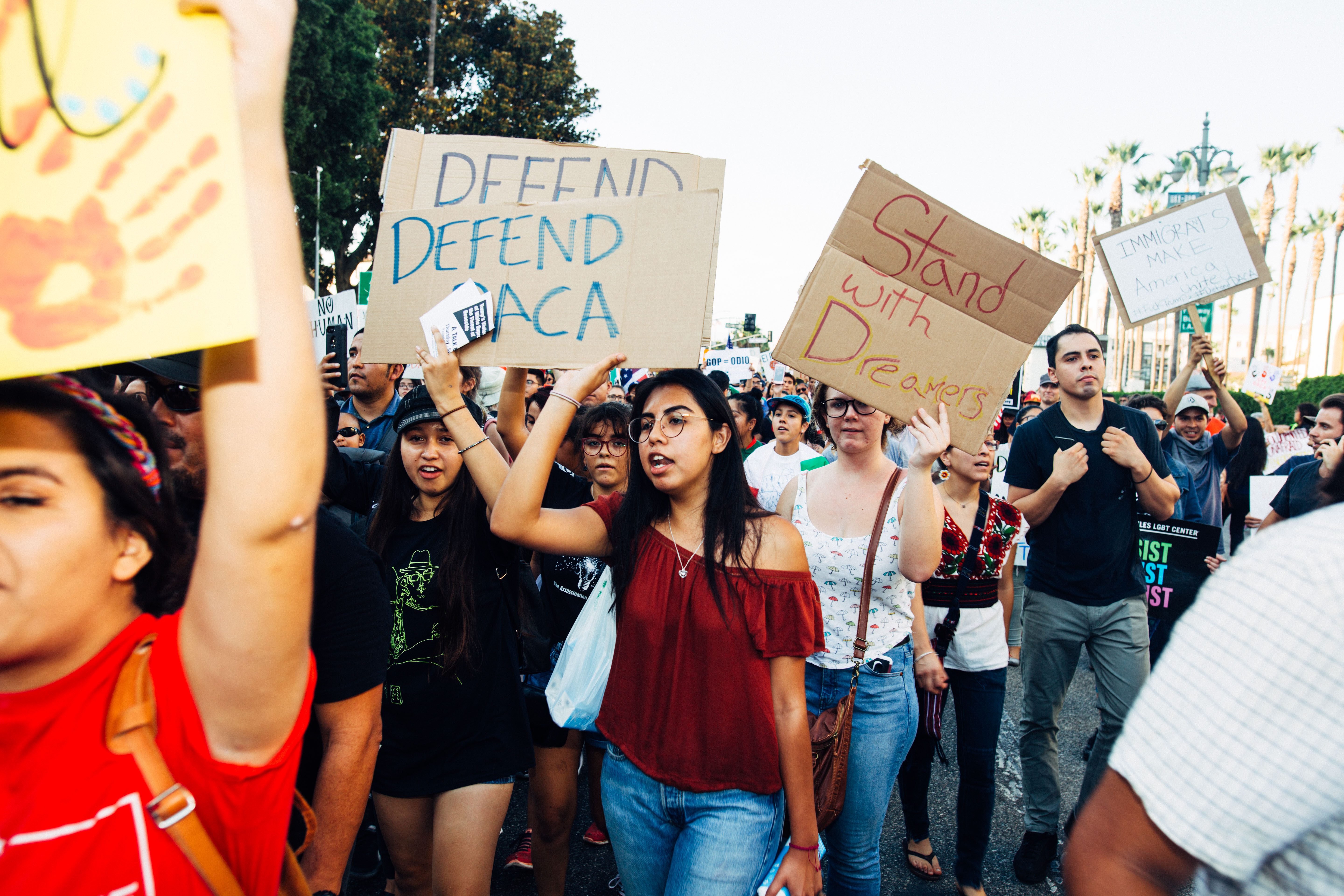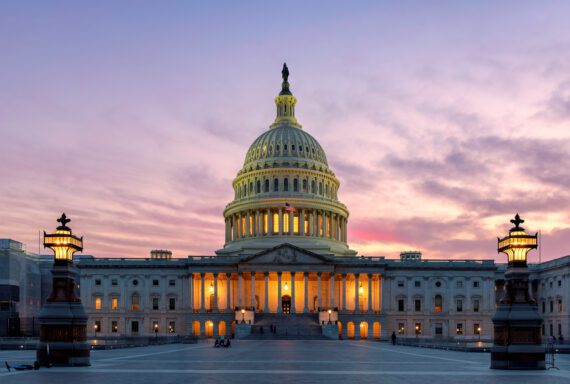By Marco Grimaldo
On September 5, 2017, the Trump administration terminated the Deferred Action for Childhood Arrivals (DACA) program, with a six-month delay that expired March 5th. This action has upended the lives of hundreds of thousands of immigrant youth, their families, and community members.
On February 13th, the U.S. District Court for the Eastern District of New York issued a preliminary injunction, partially halting the termination of the DACA program. The order requires the administration to keep the DACA program in place on a nation-wide basis and continue to accept DACA renewal applications.
However, this preliminary injunction is temporary. It can be overturned, does not cover new DACA applicants, and does not protect individuals whose DACA status has already expired from potential enforcement actions
Both the House and Senate have proposed bipartisan compromise legislation that the Trump administration has rejected. Two weeks ago, the Senate failed to pass bipartisan legislation that would provide Dreamers a pathway to citizenship and address border security.
The March 5th deadline is very real and will potentially lead to loss of protection for 900 young dreamers a day. Congress needs to swiftly enact a bipartisan legislative solution for Dreamers, such as the Dream Act or USA Act.
An overwhelming majority of Americans agree that Dreamers need a permanent legislative solution, including people of faith. You can help. Call (800-826-3688) or email your member of Congress. Tell them to protect Dreamers by passing bipartisan legislation that includes a pathway to citizenship, keeps families together, and addresses the root causes of migration.
Grimaldo is Senior Associate for Latino Engagement at Bread for the World



